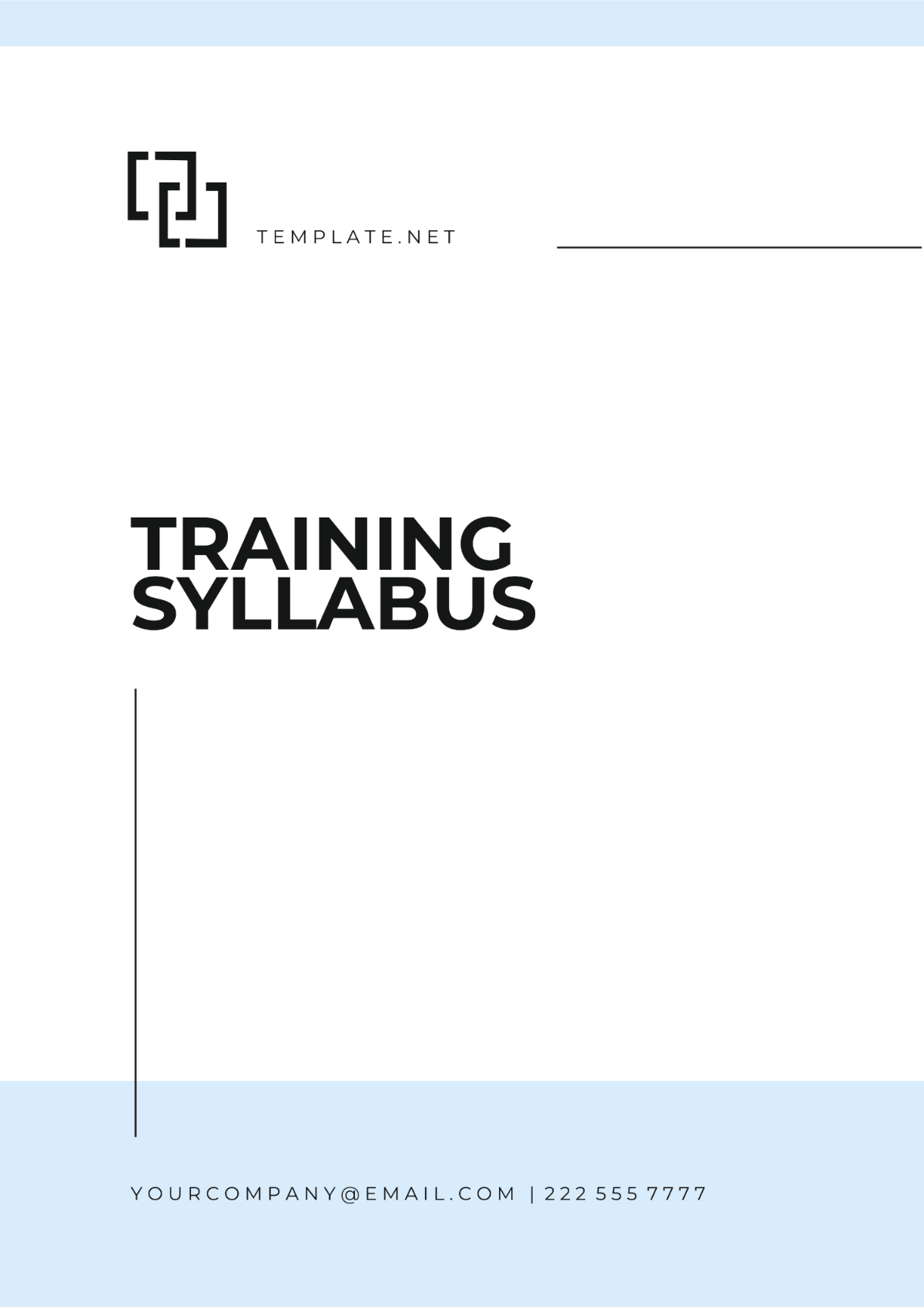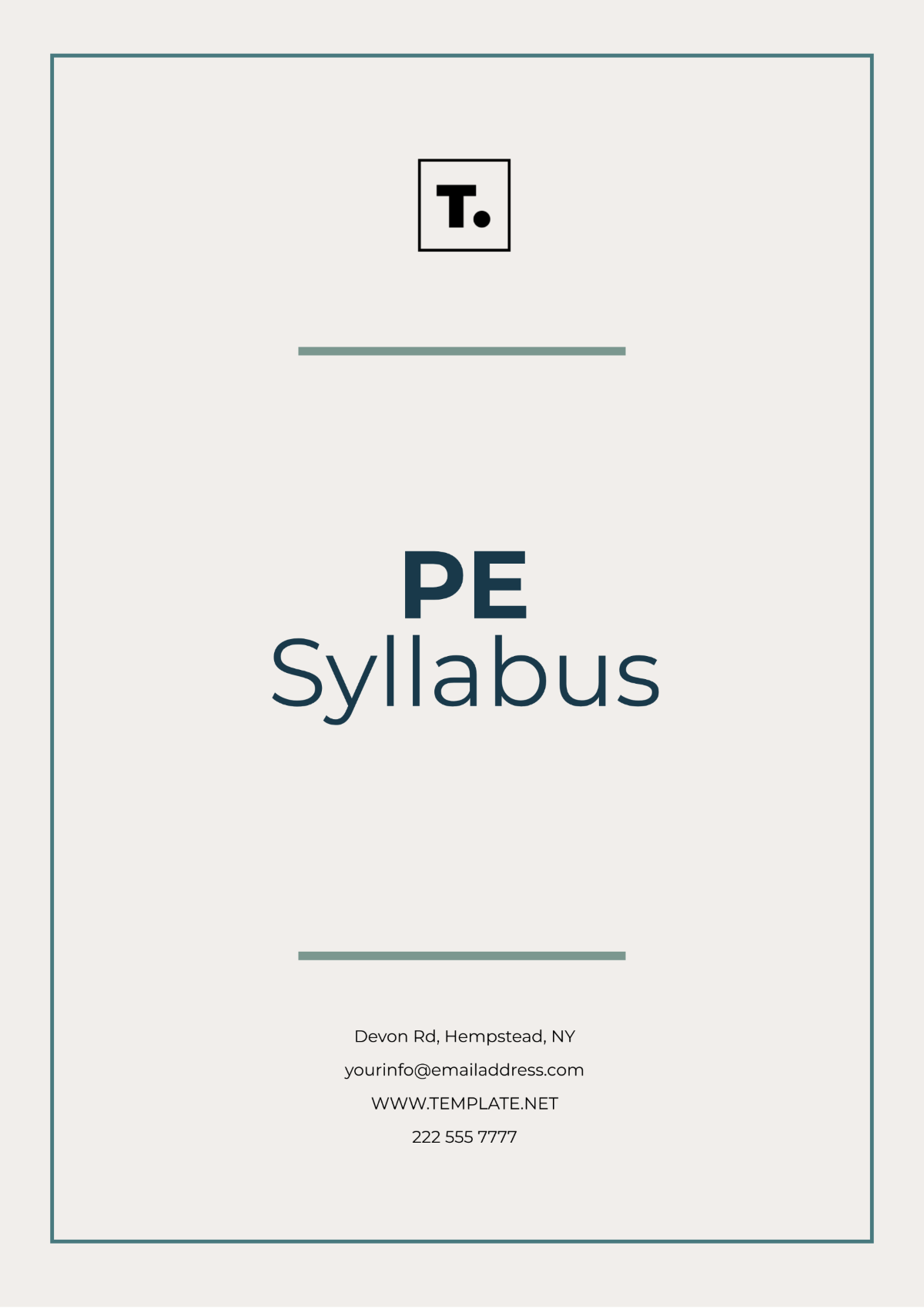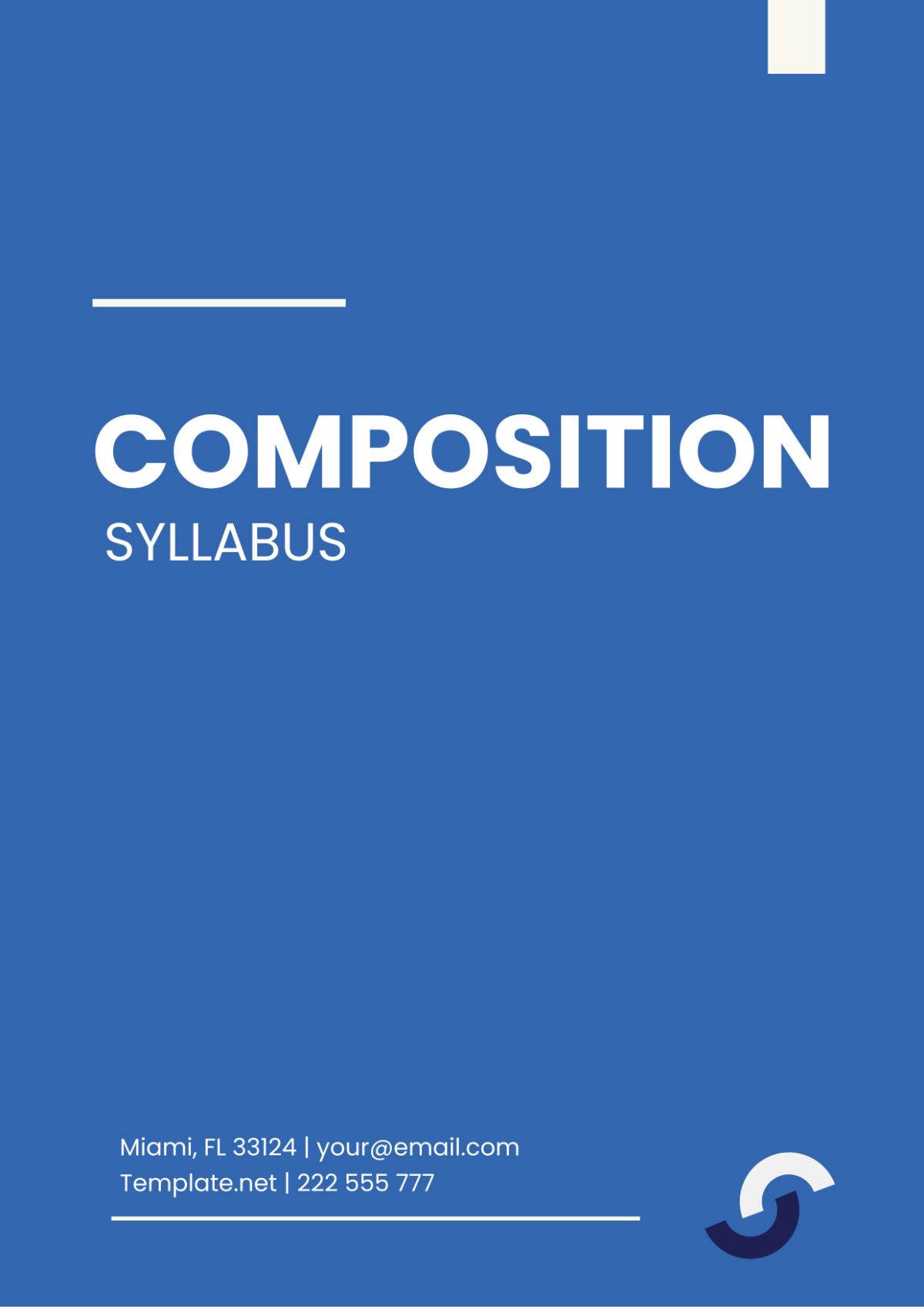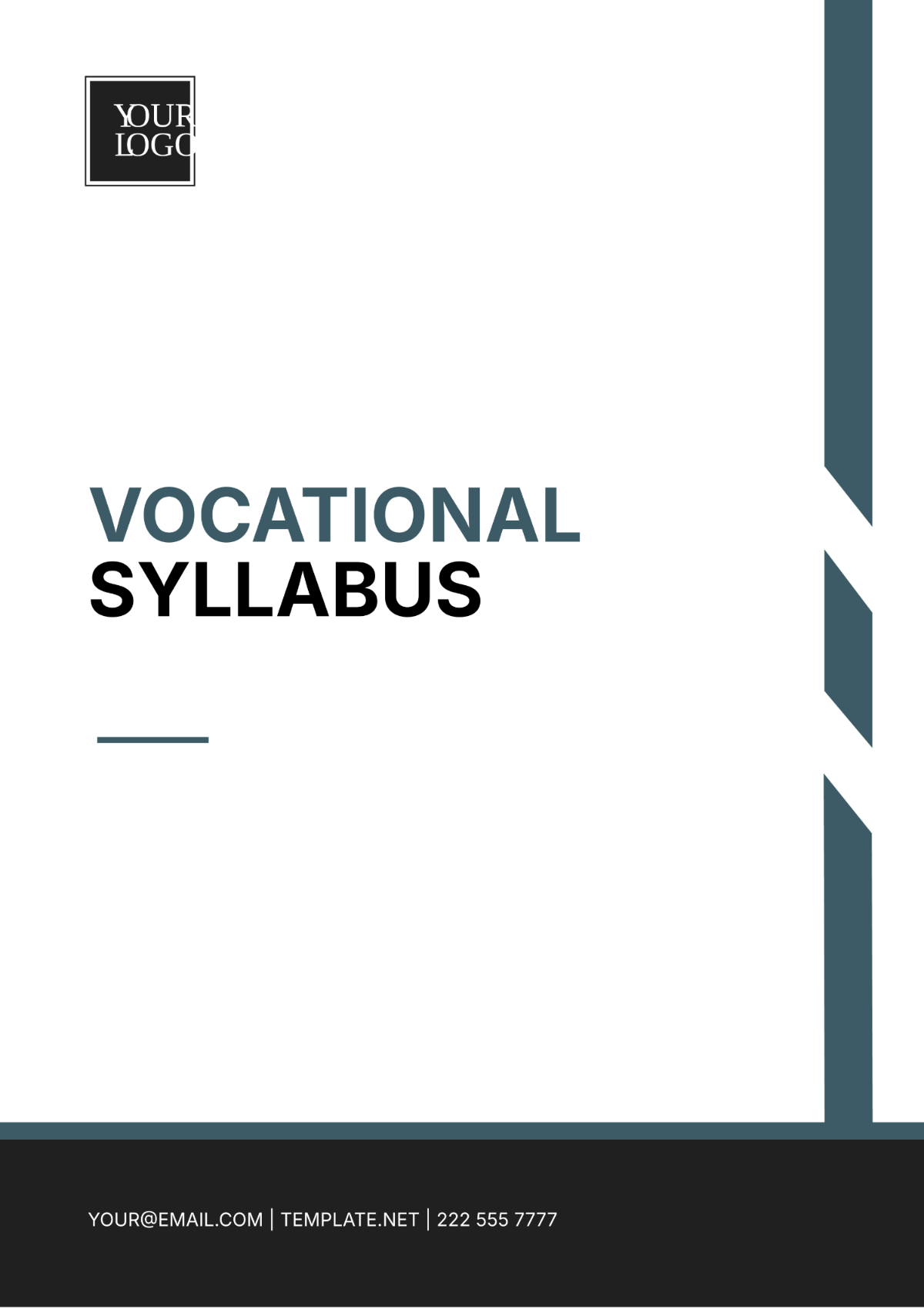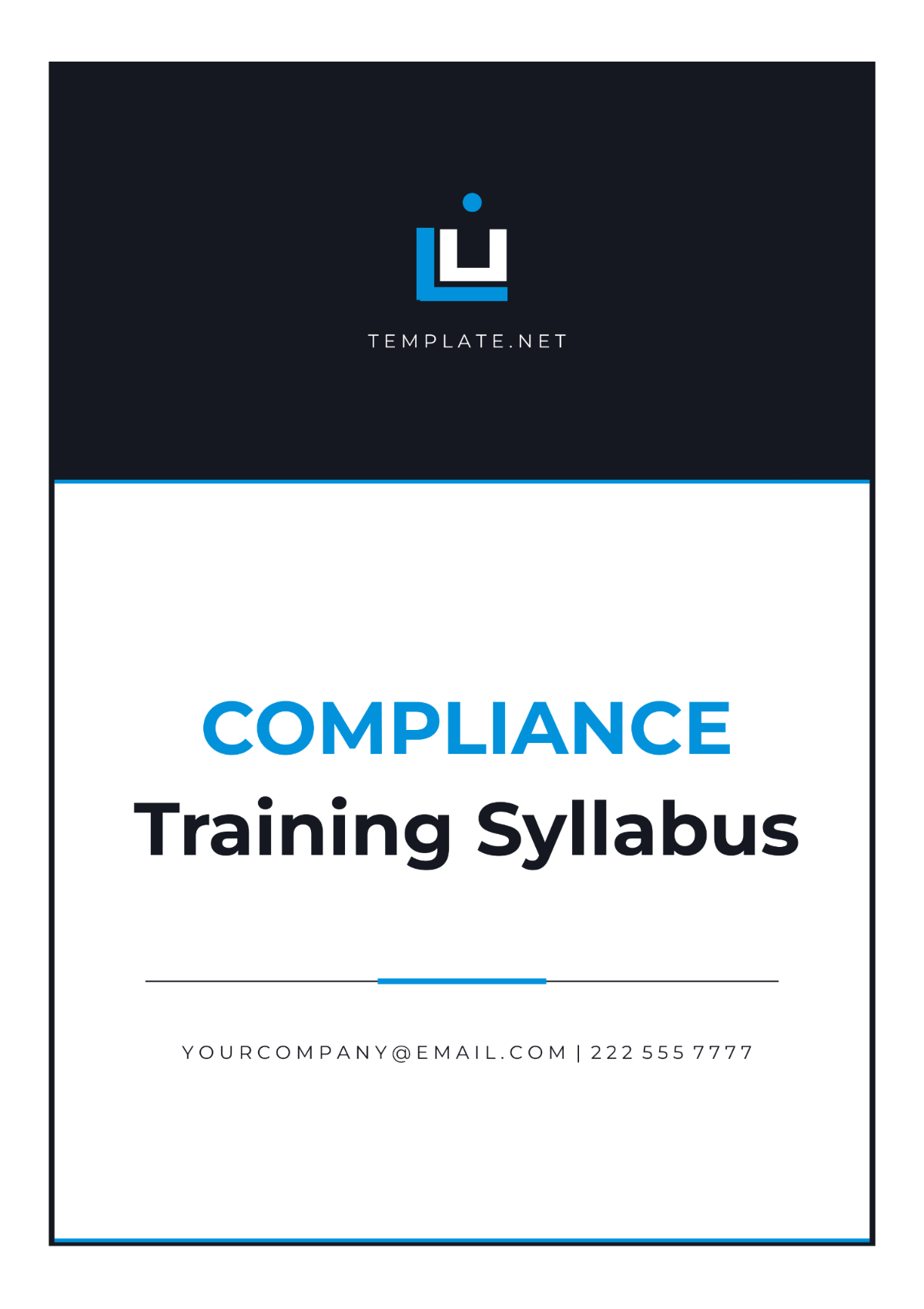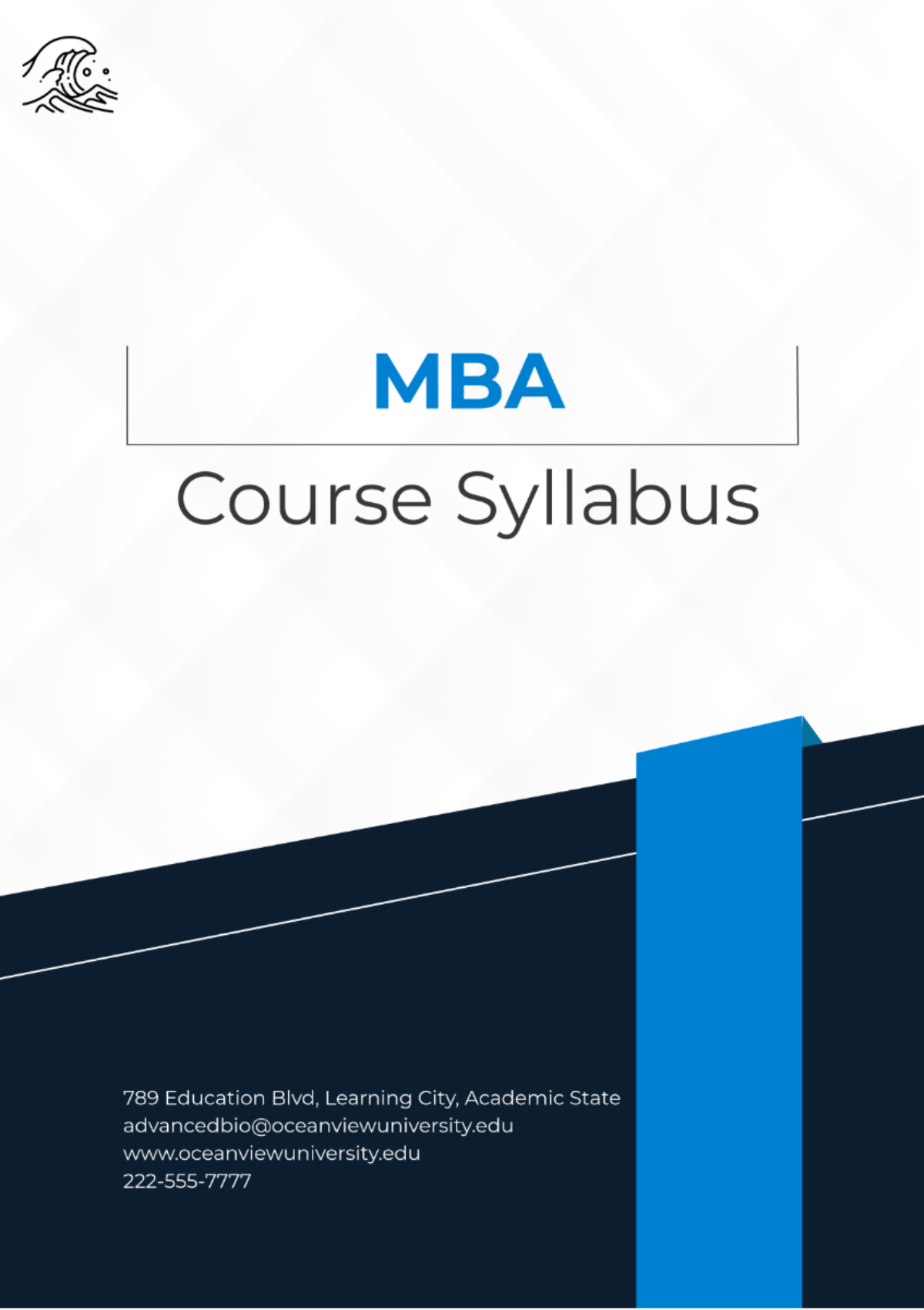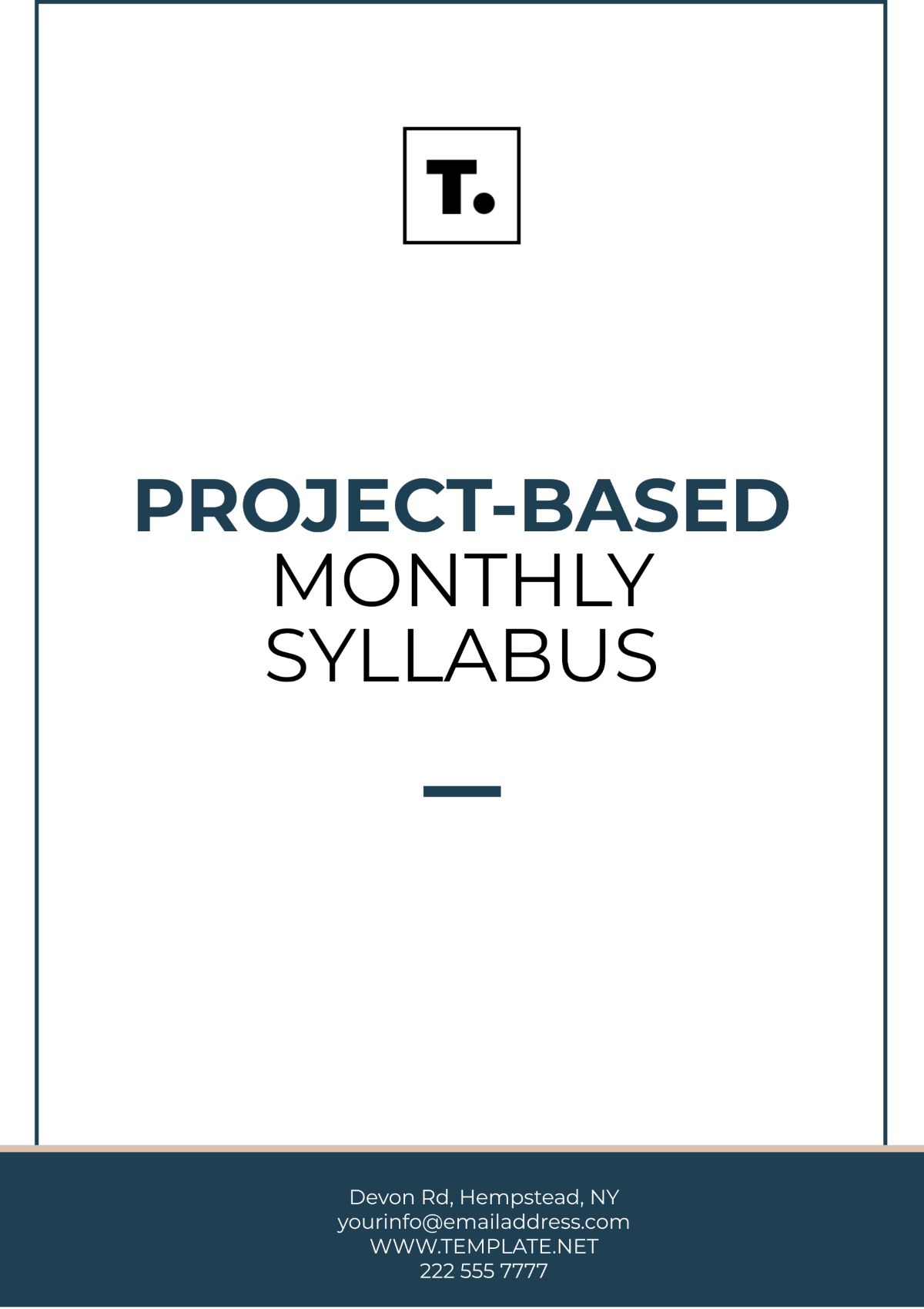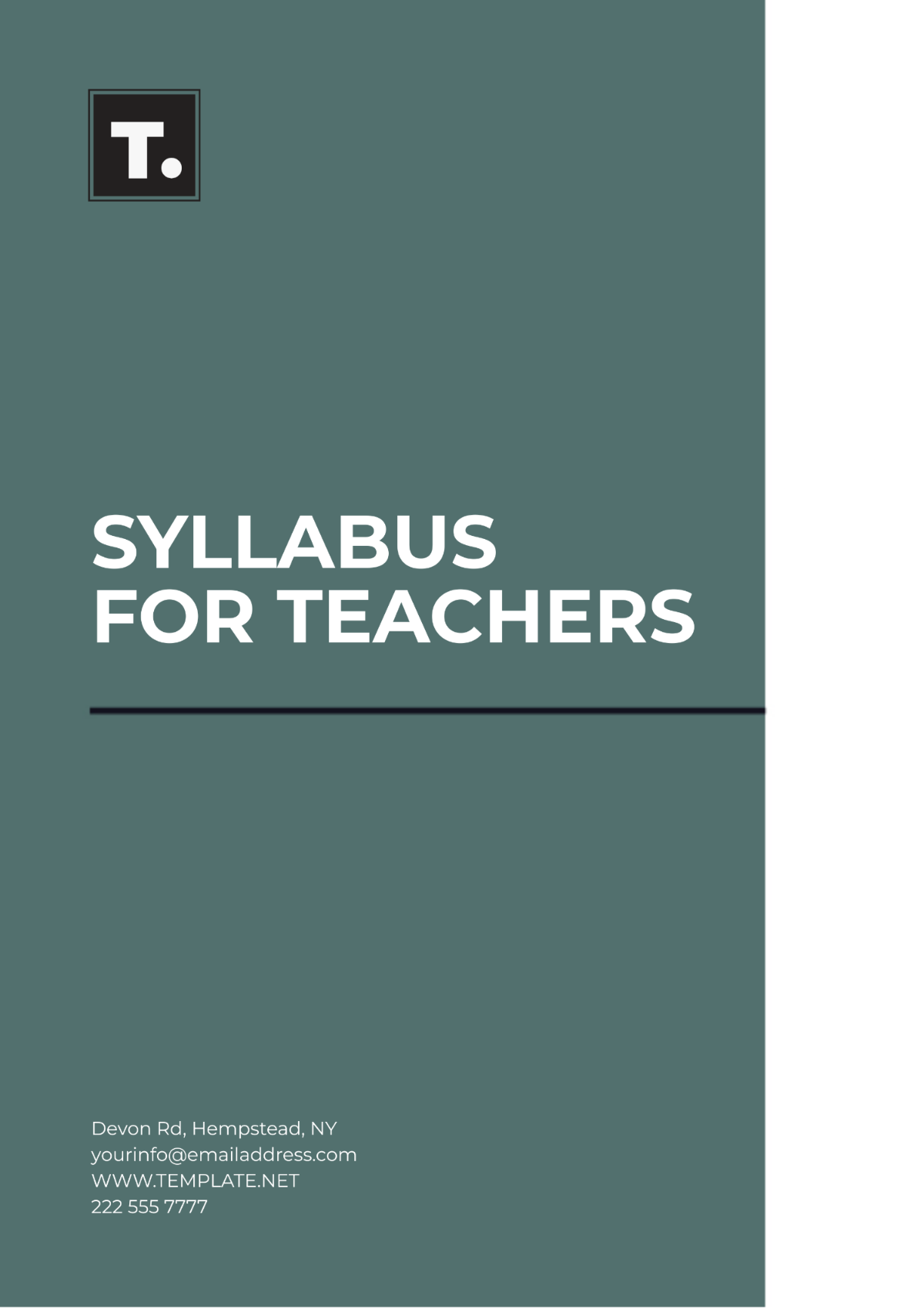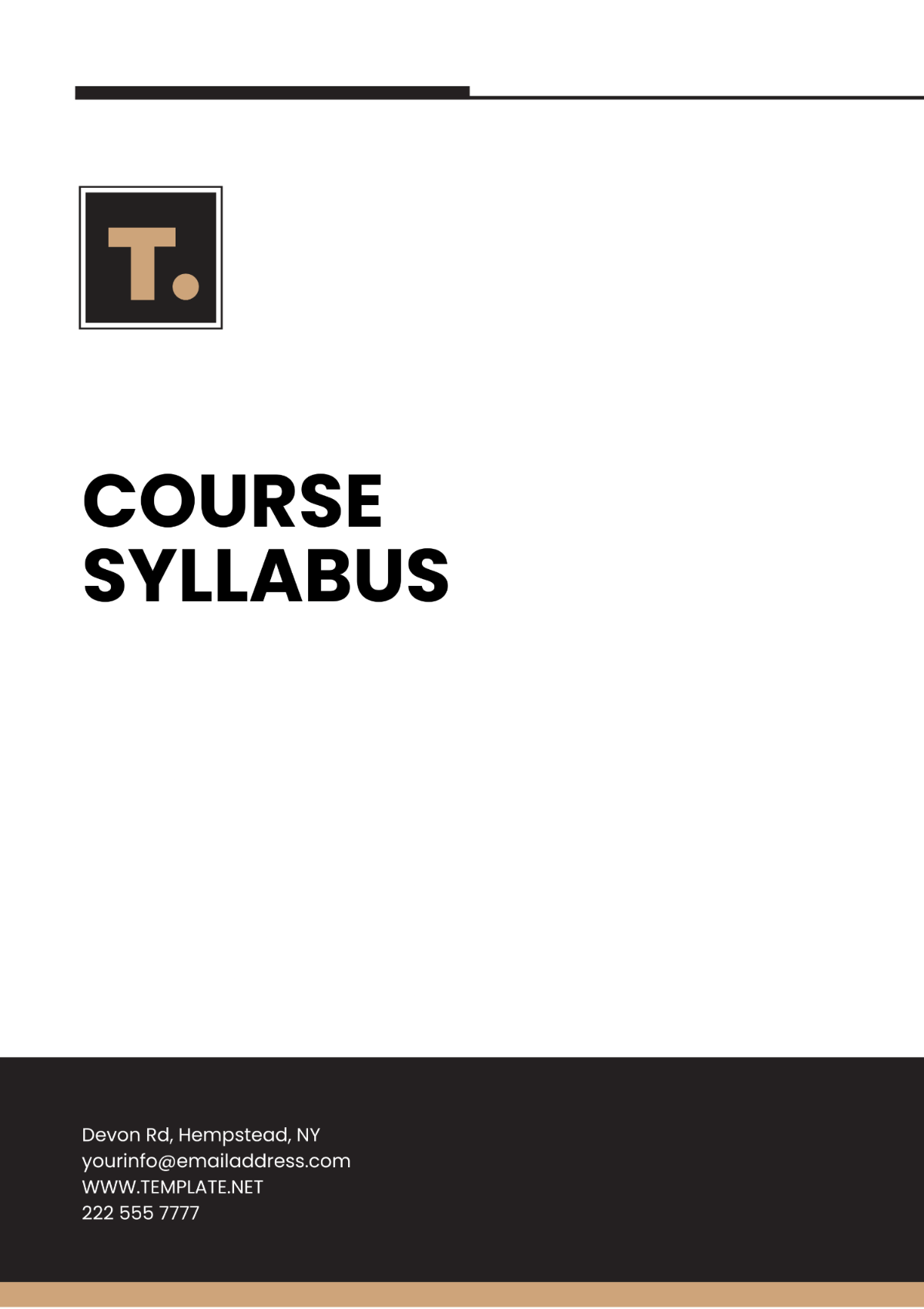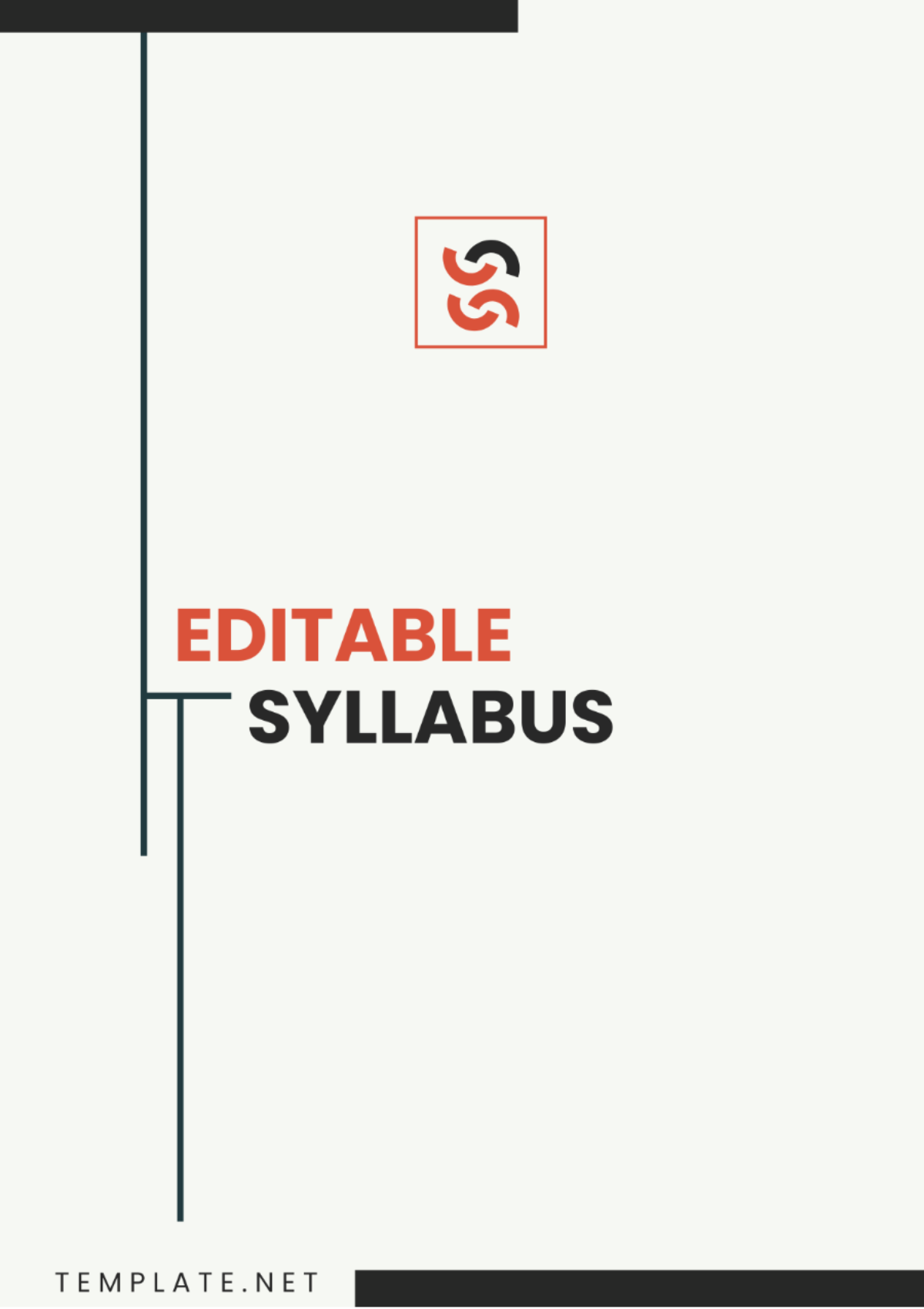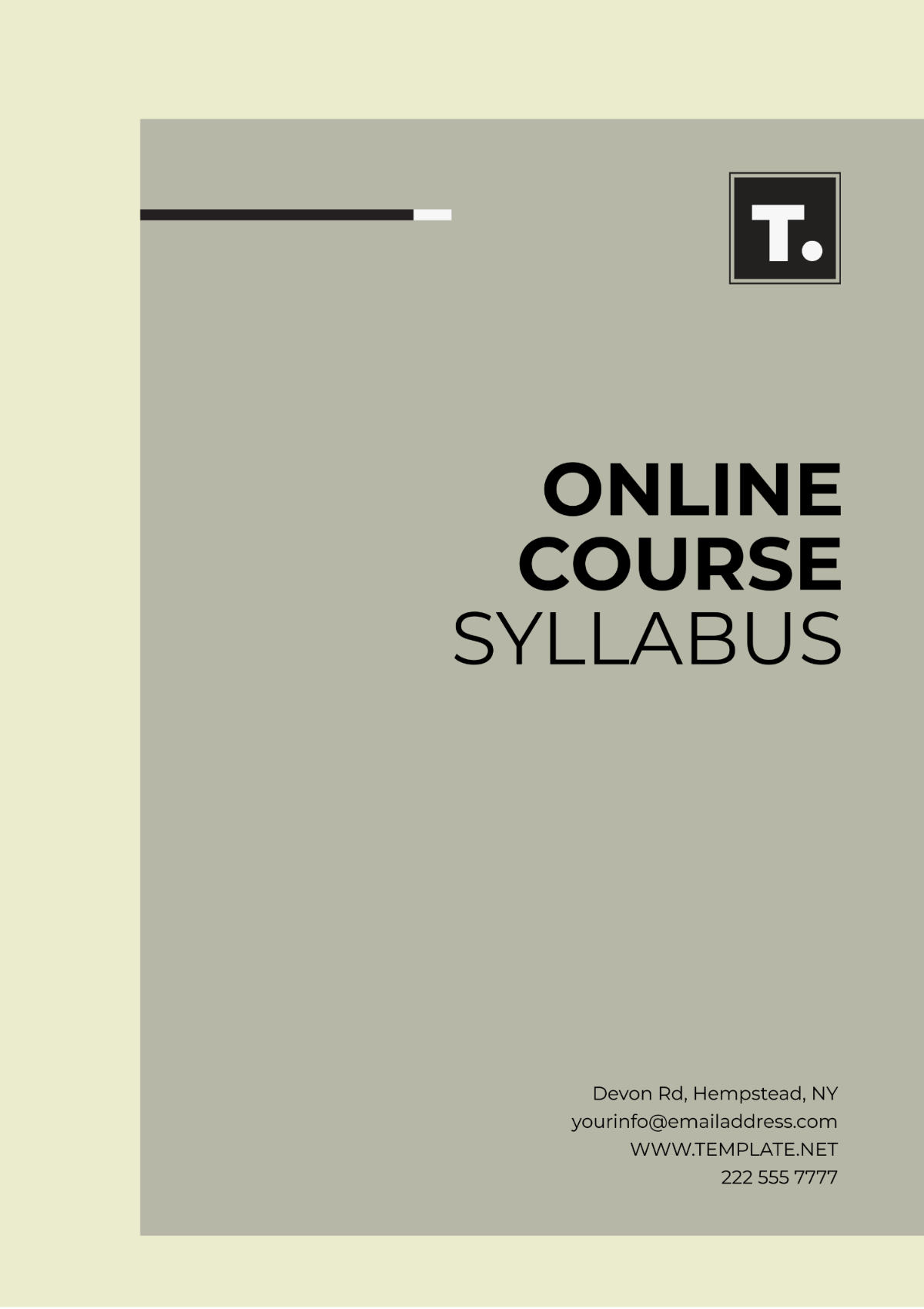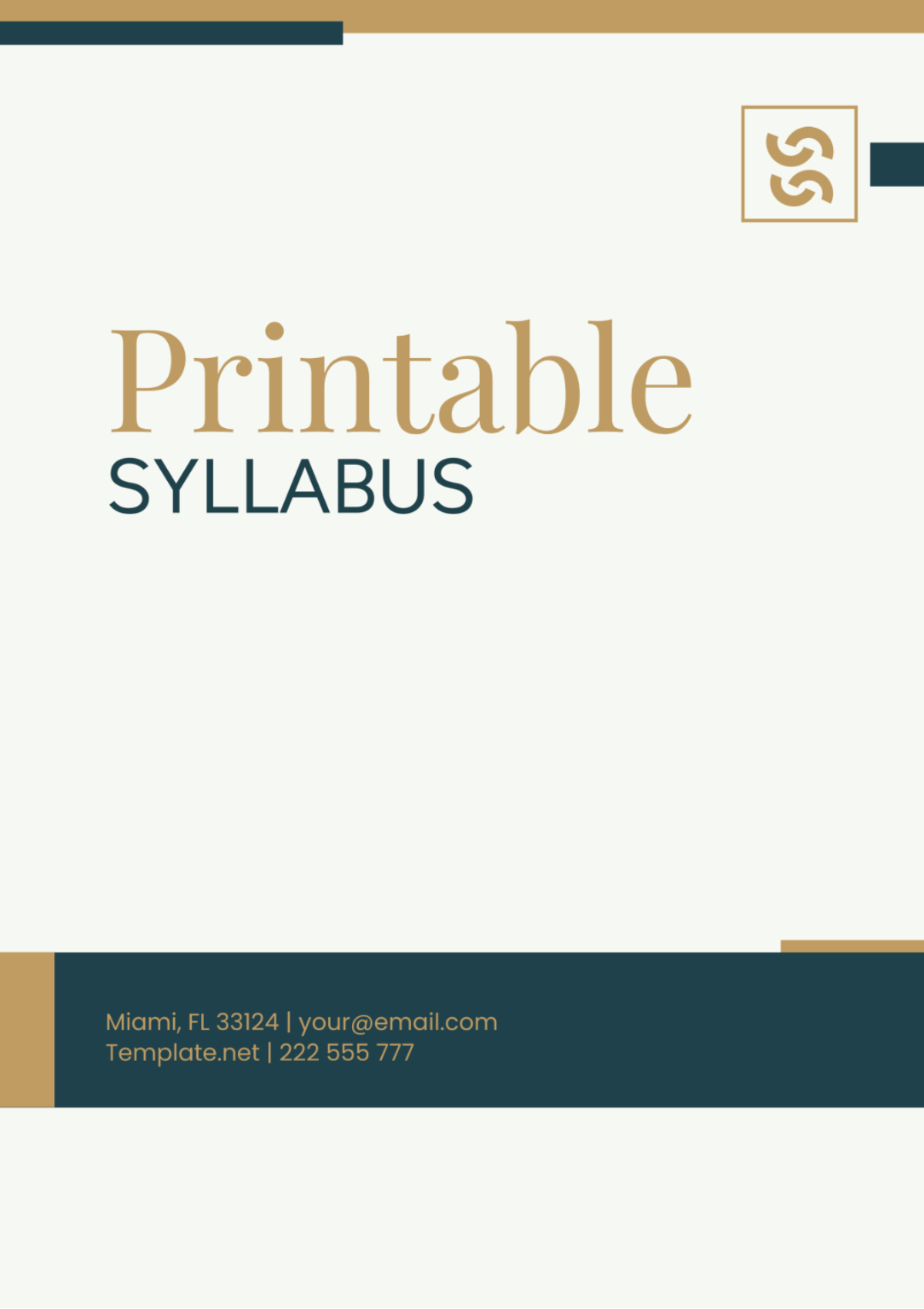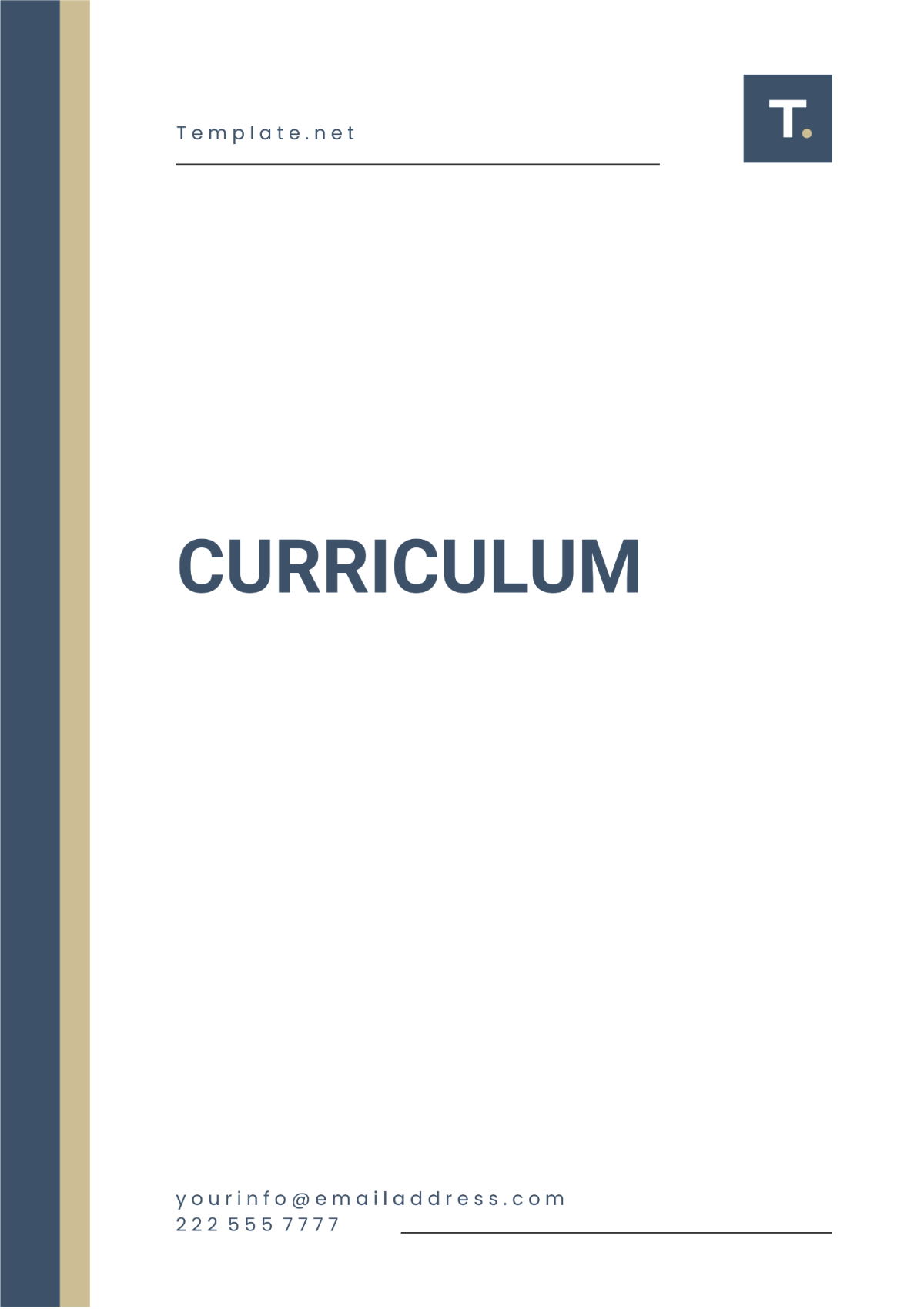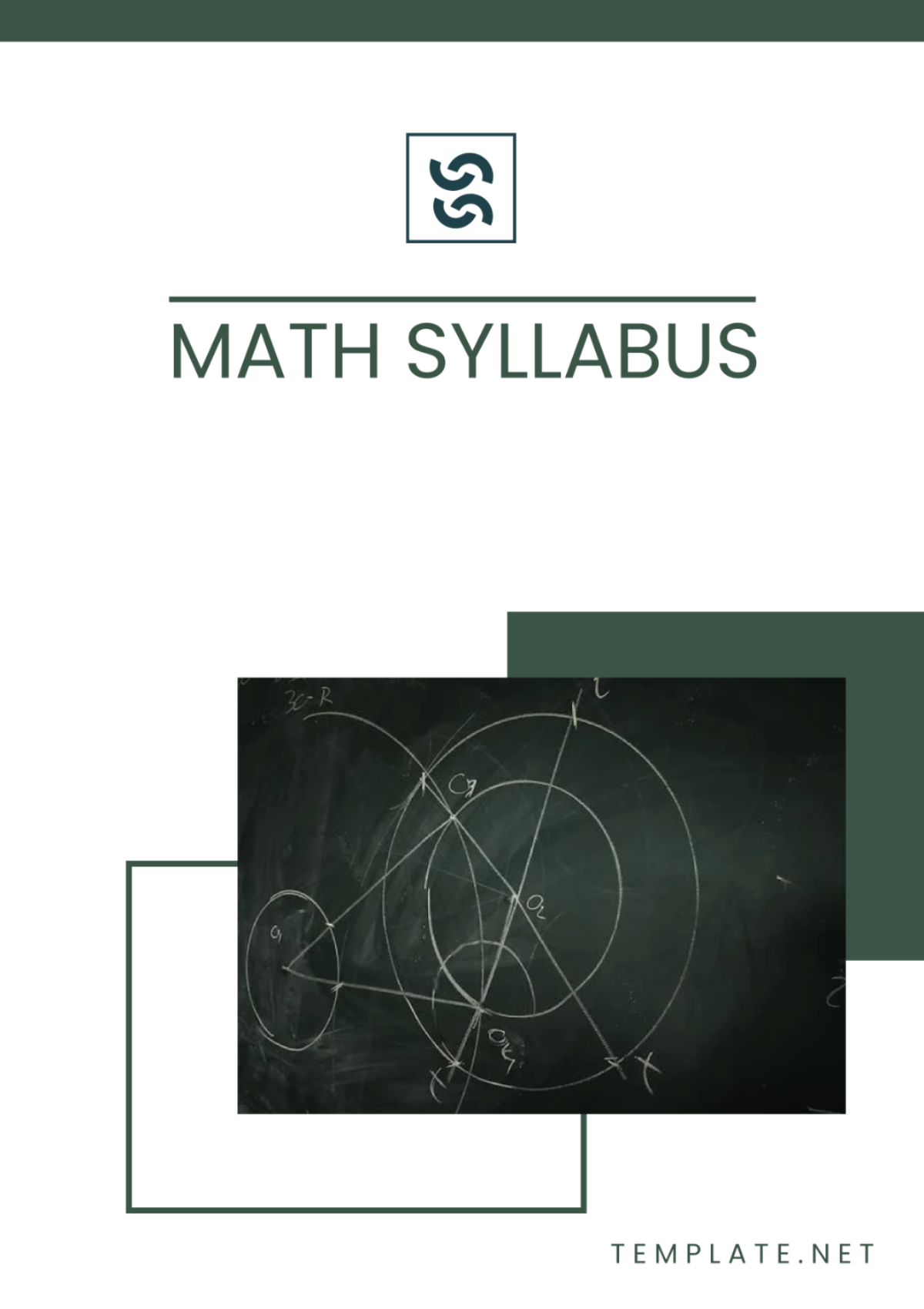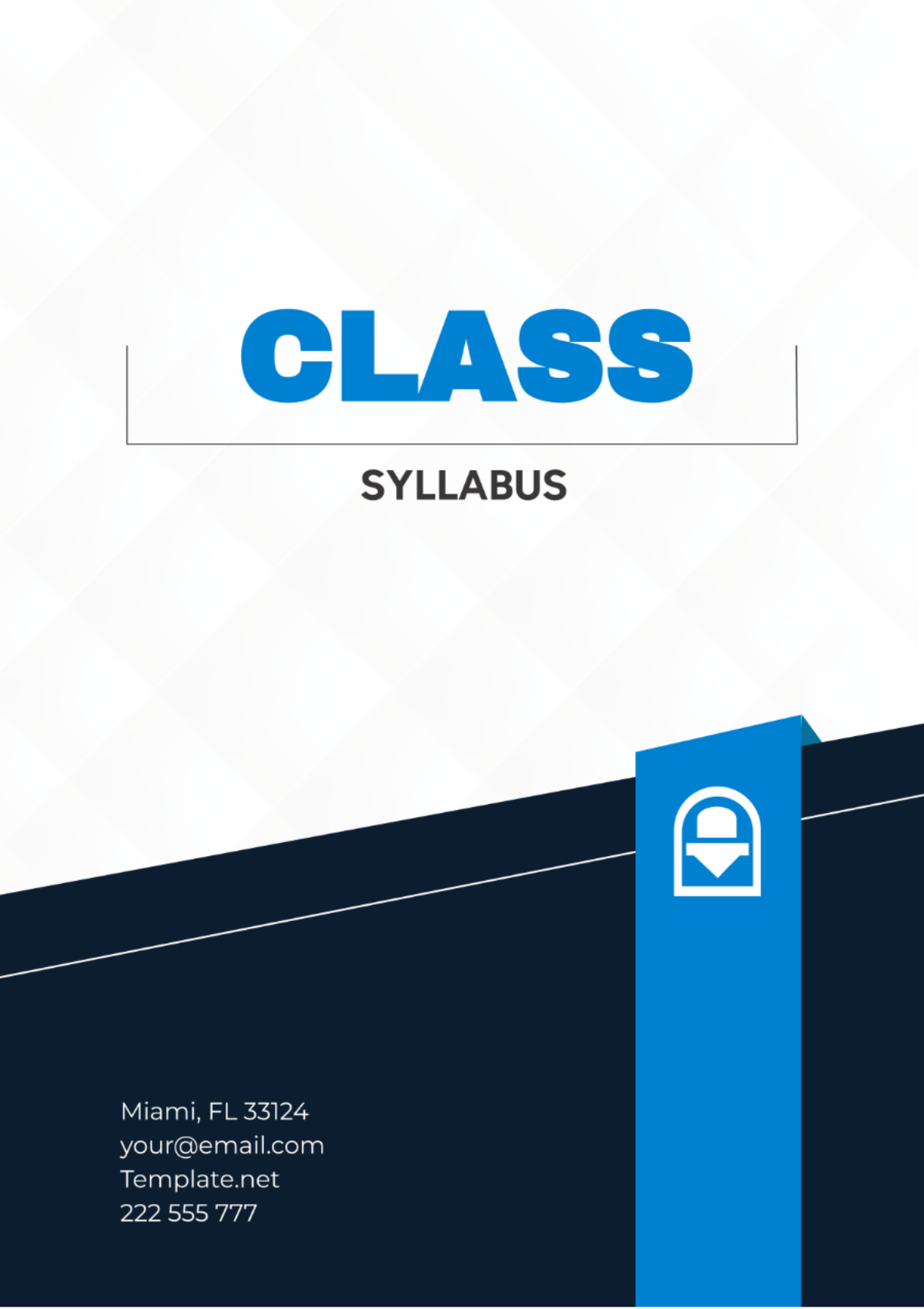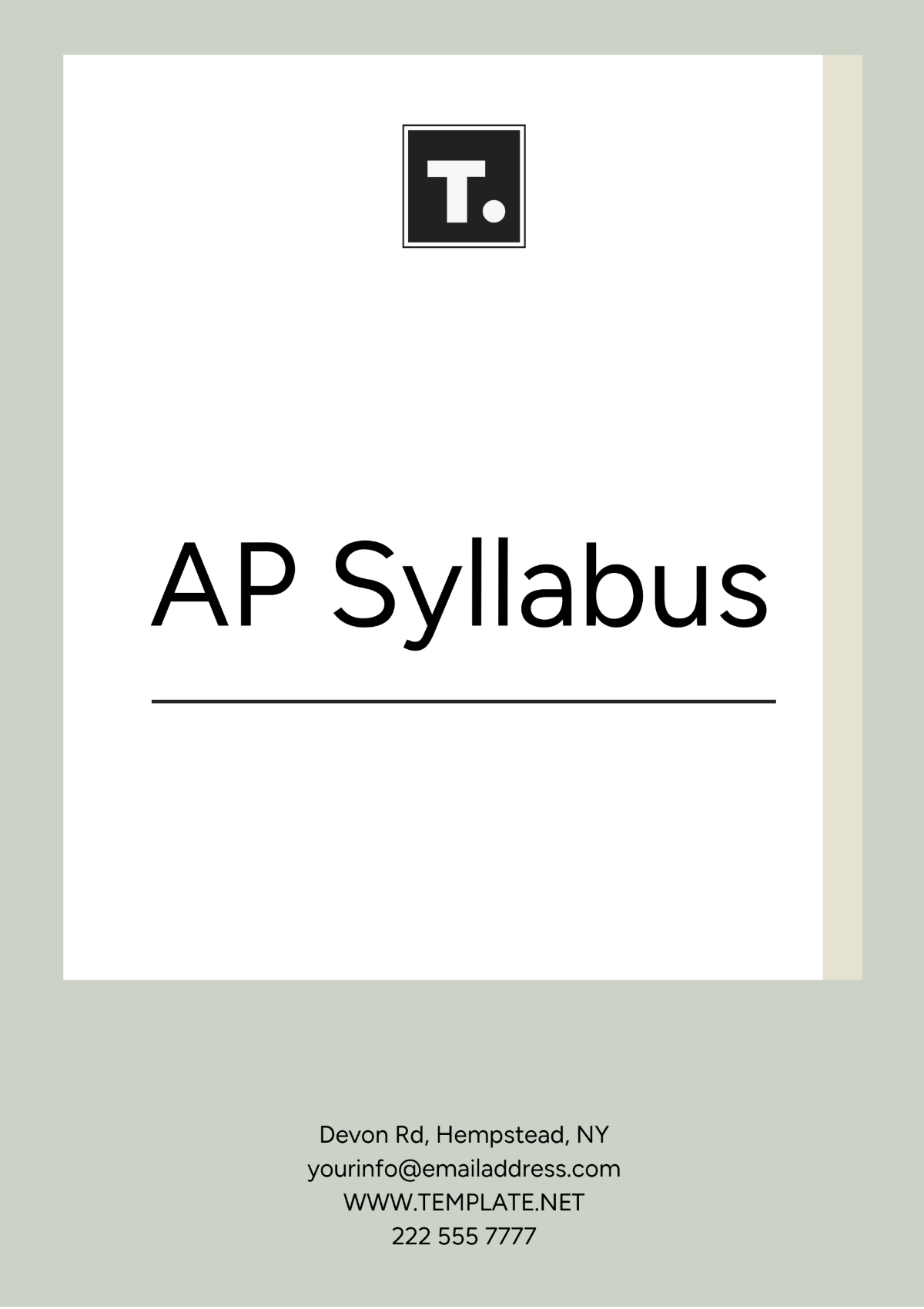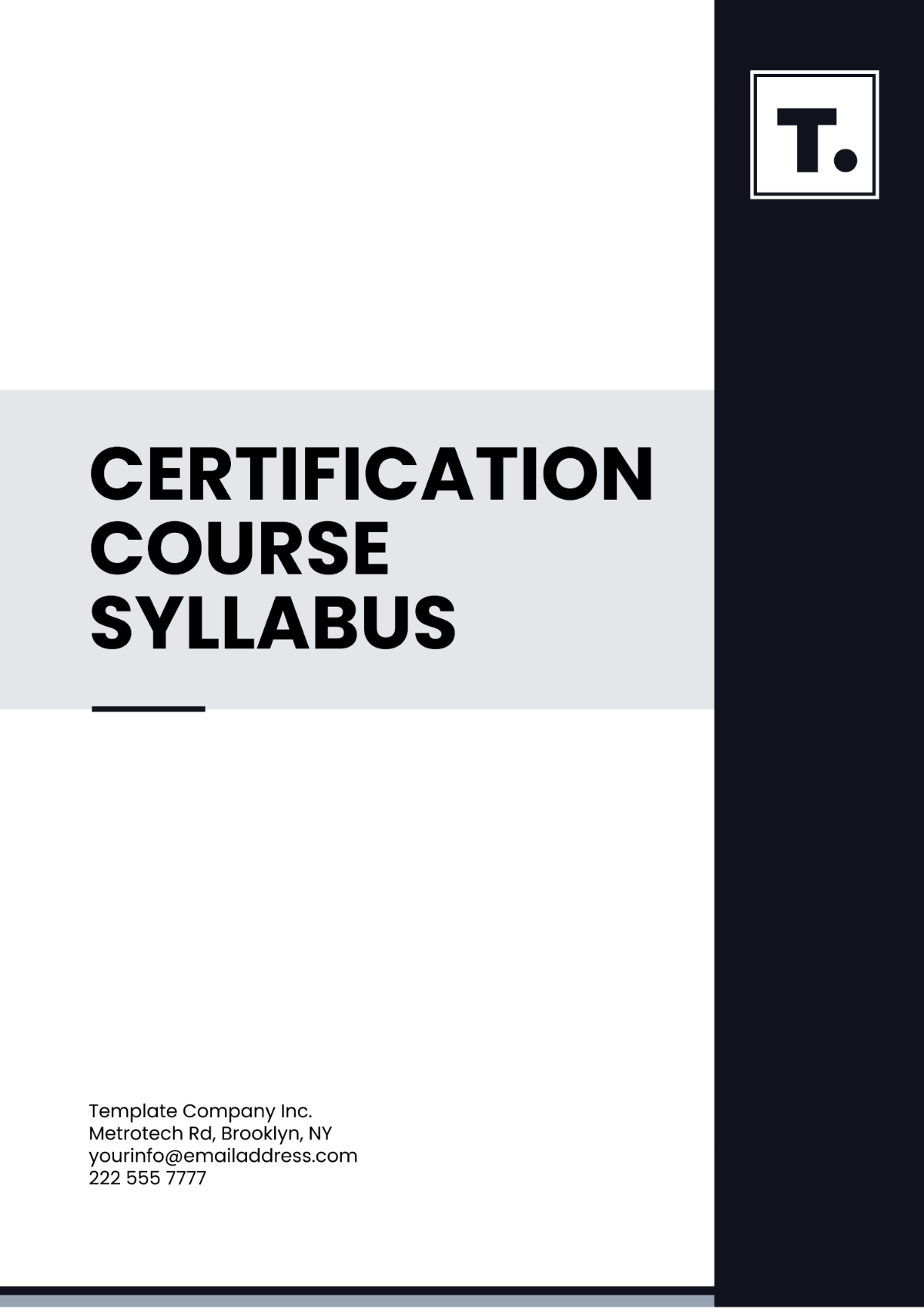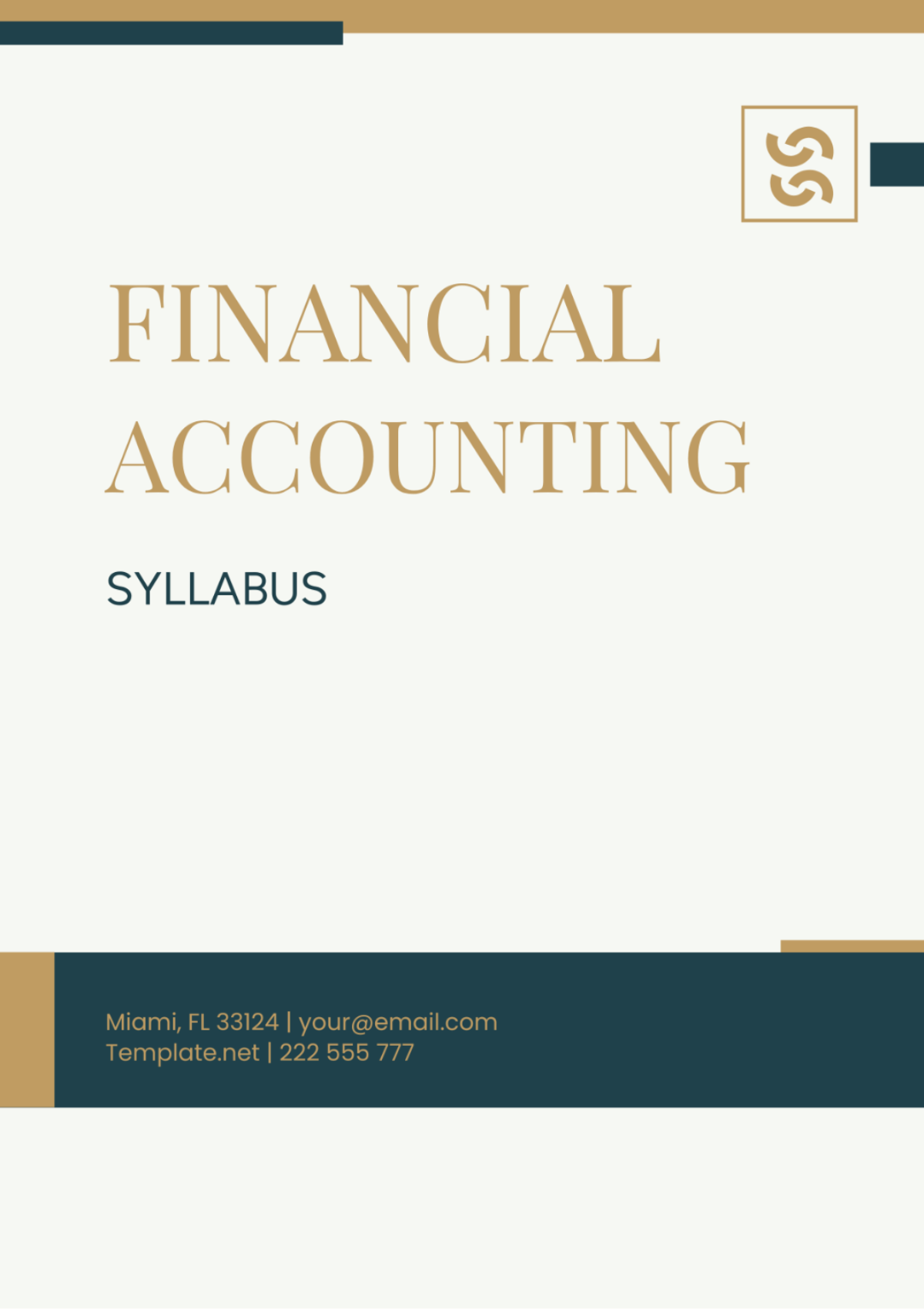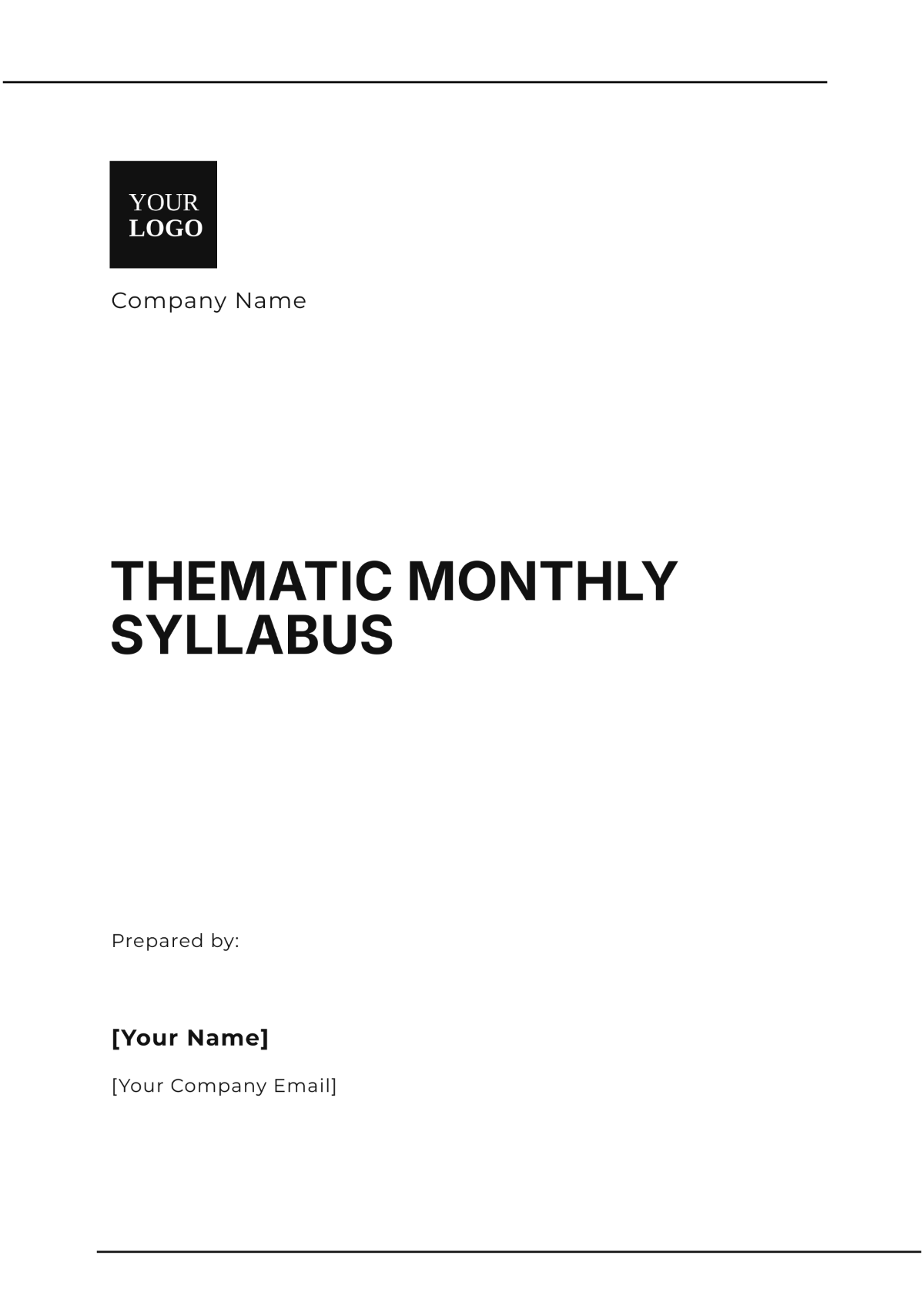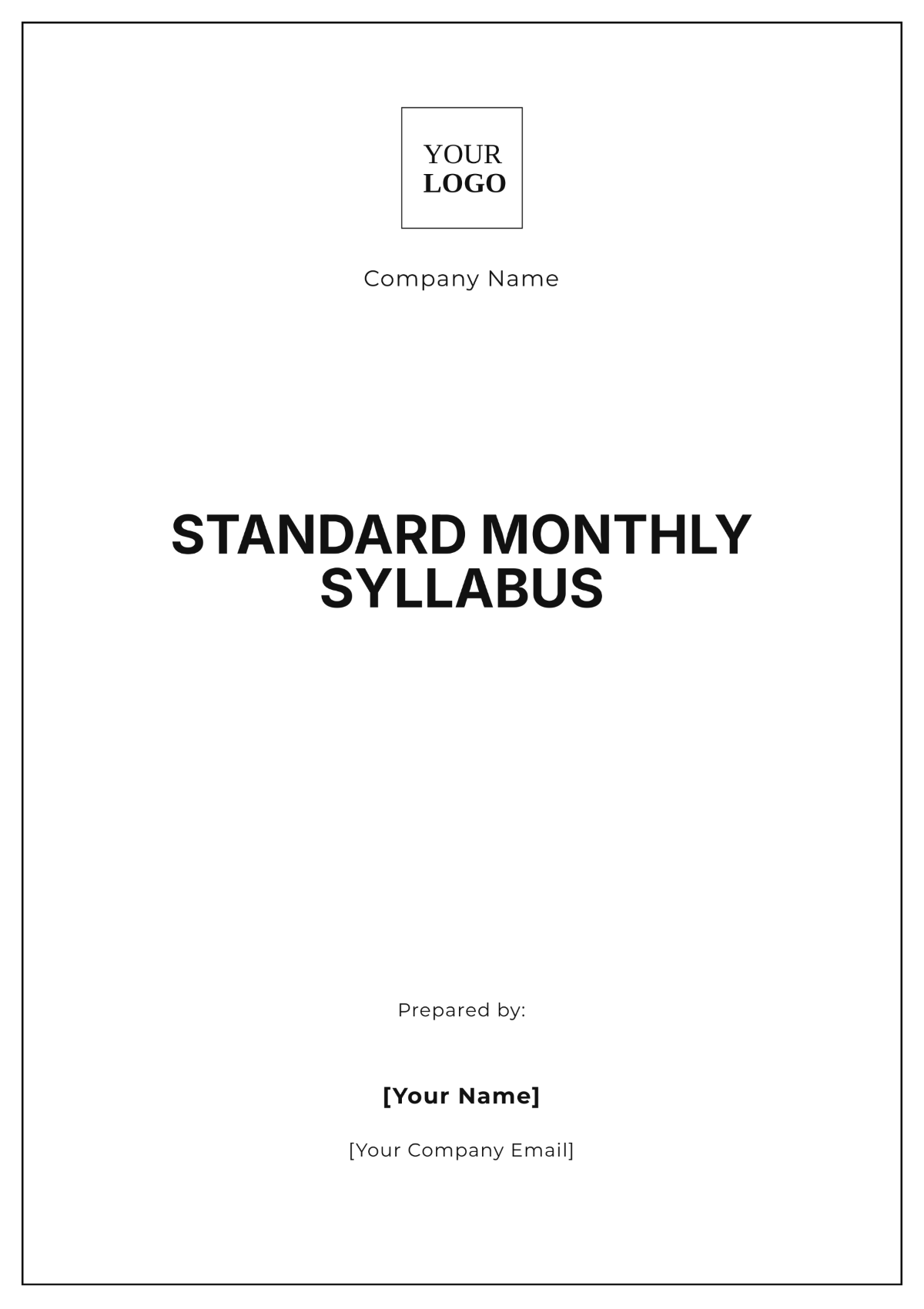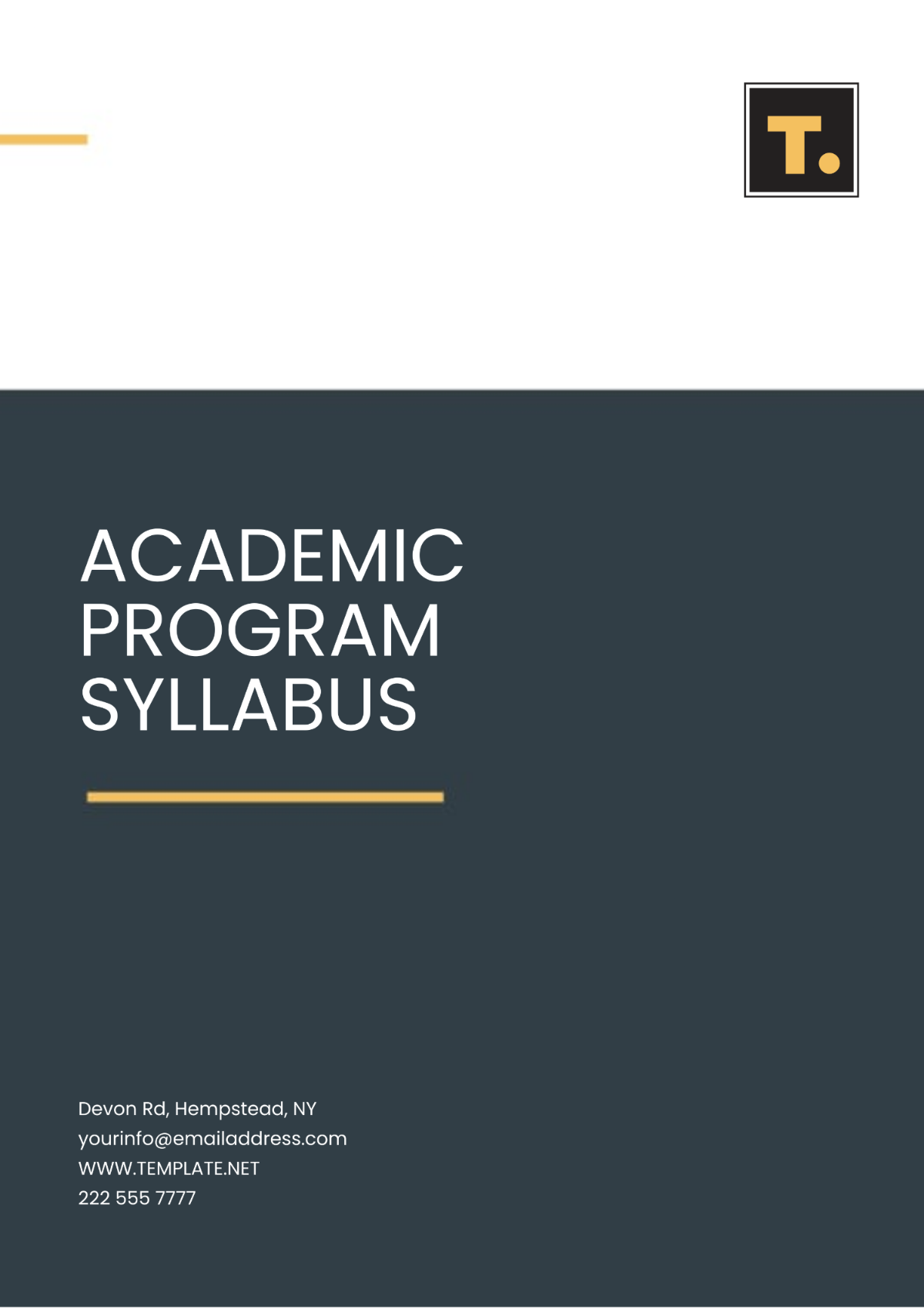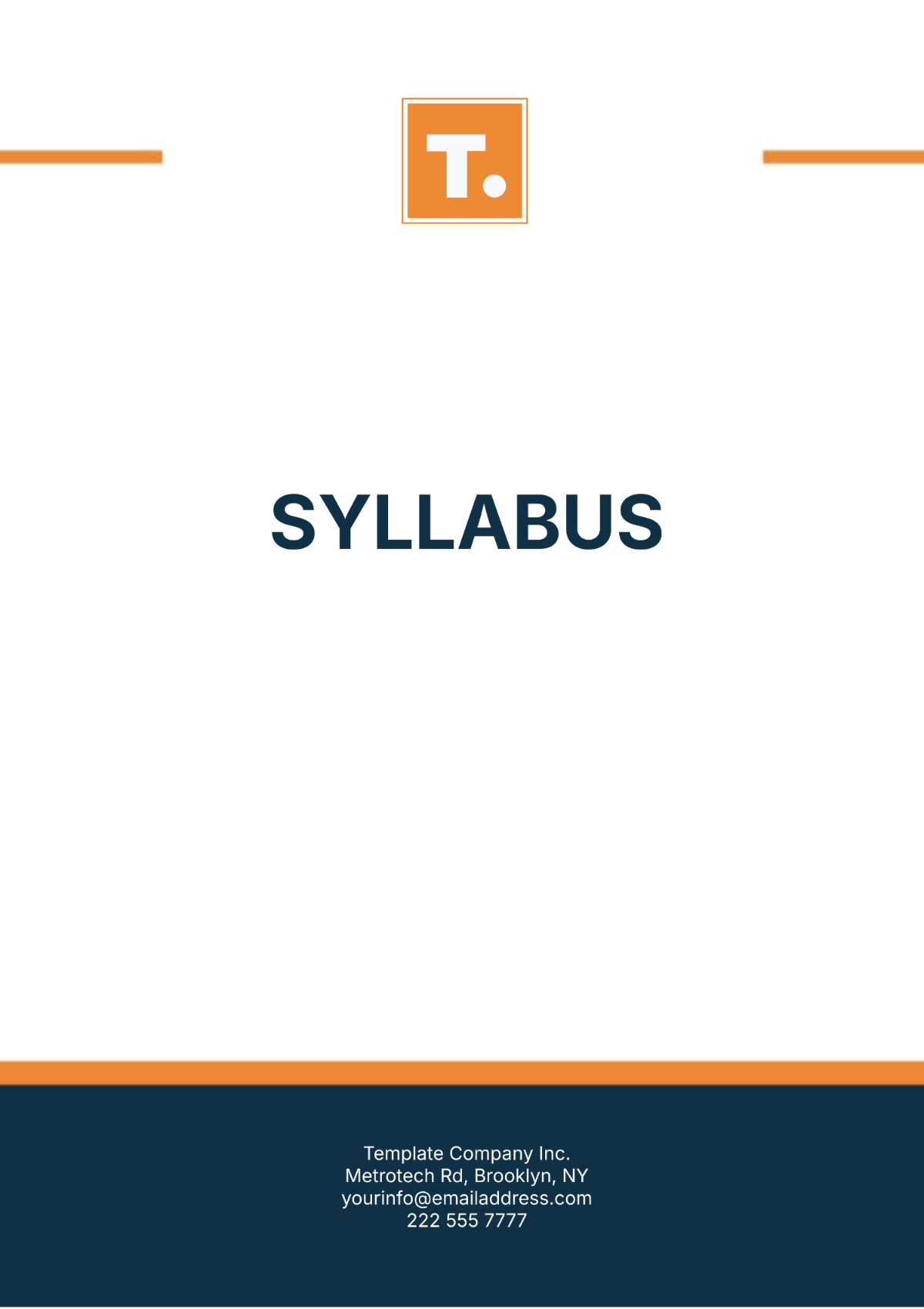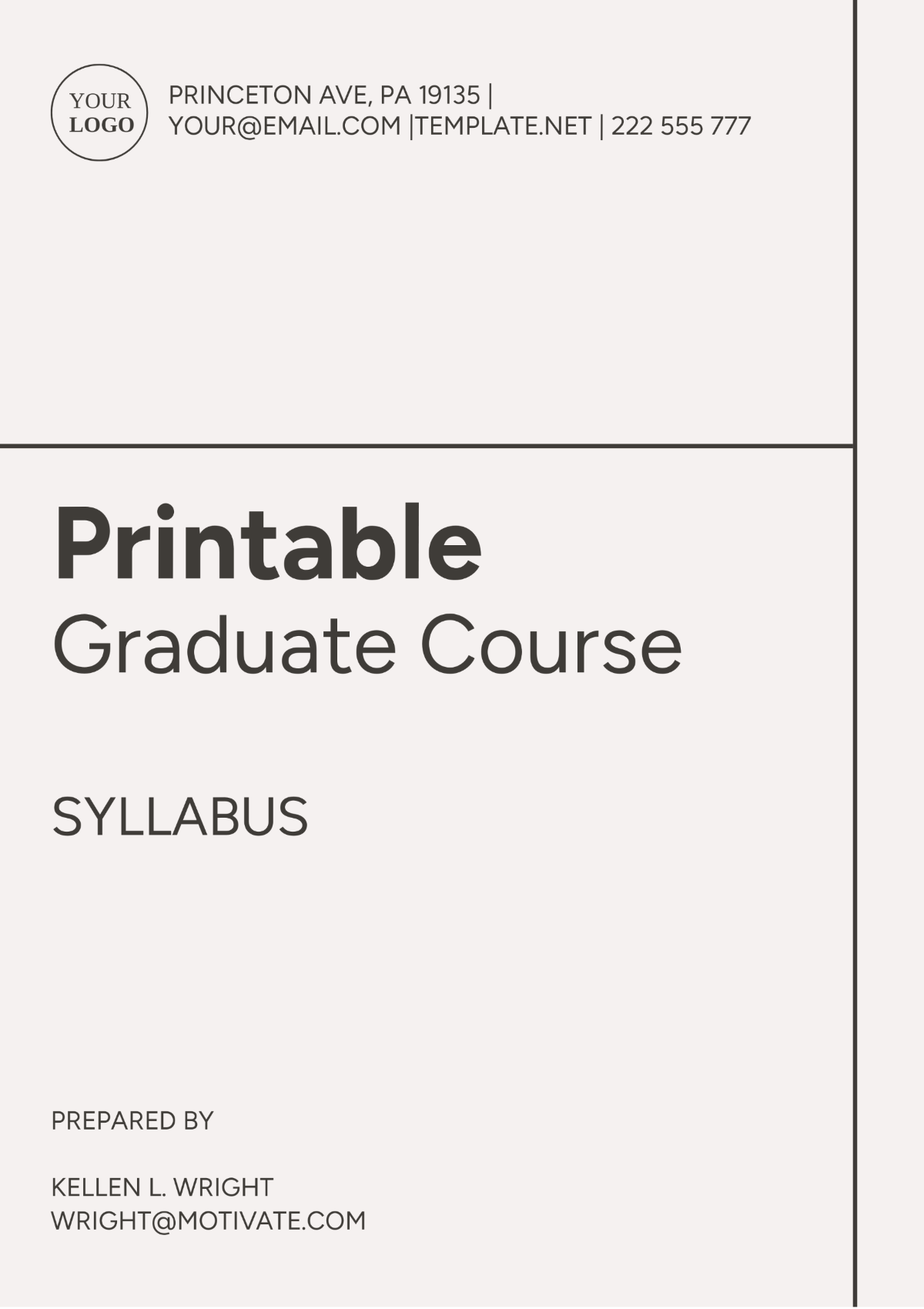Linear Algebra Syllabus
Linear Algebra Course
Course Title | [COURSE TITLE] |
Course Code | [COURSE CODE] |
Institution Hours | [INSTITUTION HOURS] |
Class Location | [CLASS LOCATION] |
Class Time | [CLASS TIME] |
Class Duration | [DATE] - [DATE] |
Table Of Contents
Course Description
Instructor Information
Learning Objectives
Course Schedule
Required Reading and Materials
Assignments and Assessments
Course Policy
Grading Policy
1. Course Title and Description
This Linear Algebra course, offered by [YOUR COMPANY NAME], provides a comprehensive overview of vector spaces, matrices, linear transformations, eigenvalues, and eigenvectors, with applications in both theoretical and practical scenarios. Perfect for students eagerly desirous to understand Linear Algebra.
2. Instructor Information
Instructor: [YOUR NAME]
Contact: [YOUR EMAIL]
Institution: [YOUR COMPANY NAME]
3. Learning Objectives
Understand and apply matrix and linear equation concepts
Comprehend and utilize vector space concepts in mathematical and real-world scenarios
Apply determinants and calculate eigenvalues and eigenvectors
Demonstrate an understanding of theoretical basis and computational skills in linear algebra
Apply linear algebra concepts in applications such as coding theory, graphics and network analysis.
4. Course Schedule
Week | Topic | Assignments |
|---|---|---|
1 | Introduction to Matrices | Homework 1 |
2 | Vector Spaces | Homework 2 |
3 | Linear Transformation | Homework 3 |
4 | Matrix Determinants | Homework 4 |
5 | Eigenvalues and Eigenvectors | Homework 5 |
6 | Systems of Linear Equations | Homework 6 |
7 | Orthogonality and Projections | Homework 7 |
8 | Least Squares Approximations | Homework 8 |
9 | Singular Value Decomposition | Homework 9 |
10 | Applications of Linear Algebra | Homework 10 |
5. Required Reading and Materials
Elementary Linear Algebra by Howard Anton
Linear Algebra and Its Applications by David C. Lay
MATLAB Software for computational assignments
Introduction to Linear Algebra by Gilbert Strang
Graphing Calculator for in-class demonstrations
6. Assignments and Assessments
Complete Ten homework sets throughout the semester.
Each homework set will include theory analysis and problem-solving tasks.
Take two in-class exams to evaluate course material comprehension.
Engage in an end-of-semester project requiring application of learned concepts to a real-world scenario of choice.
7. Course Policy
Attendance Policy: Regular attendance is critical to understanding course material and successful completion of assignments. Any absence should be discussed with the instructor in advance, when possible.
Late Submission Policy: Late submissions will not be accepted without prior approval. Where unforeseen circumstances occur, students are encouraged to communicate with the instructor as soon as possible.
Academic Integrity Policy: Any form of cheating or plagiarism will not be tolerated and will result in a zero score for the assignment, exam, or project involved.
Communication Policy: All communication will be through the official [YOUR COMPANY NAME] email. Queries and concerns should be communicated within a reasonable time frame.
Disability Accommodation Policy: Any student with a documented disability needing academic adjustments is requested to speak directly to the instructor within the first two weeks of class.
8. Grading Policy
Grading Components | Weight (%) |
|---|---|
Homework | 30 |
In-class Examinations (2) | 40 |
End-of-Semester Project | 20 |
Class Participation | 10 |
Disclaimer:
The flexible course syllabus may change as required to meet learning goals. Students will be notified well in advance about revisions. Regular follow-up is essential to stay updated with the revised course structure, which is student responsibility.




